Keywords: Australian History
There are more than 200 results, only the first 200 are displayed here.
-
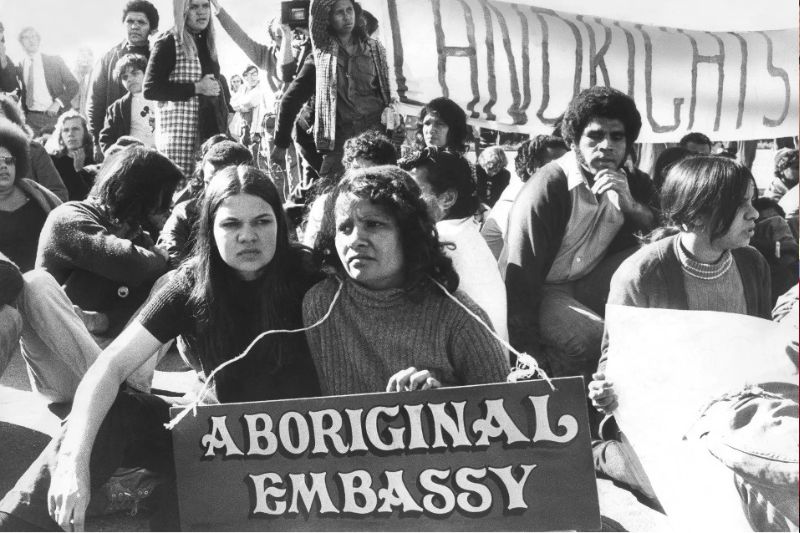
AUSTRALIA
The ‘Land Rights Now’ banner is hoisted against the wind, and the marchers set off for the Embassy. A young Aboriginal woman walks ahead of the banner. She has dyed her hair red. She turns and leans into the wind to face the marchers, holding a megaphone to her mouth. ‘What do we want?’ she shouts, ‘When do we want it?’ And she keeps going, exhorting the marchers. We reply ‘Land Rights … Now!’ The crowd tires before she does.
READ MORE 
-
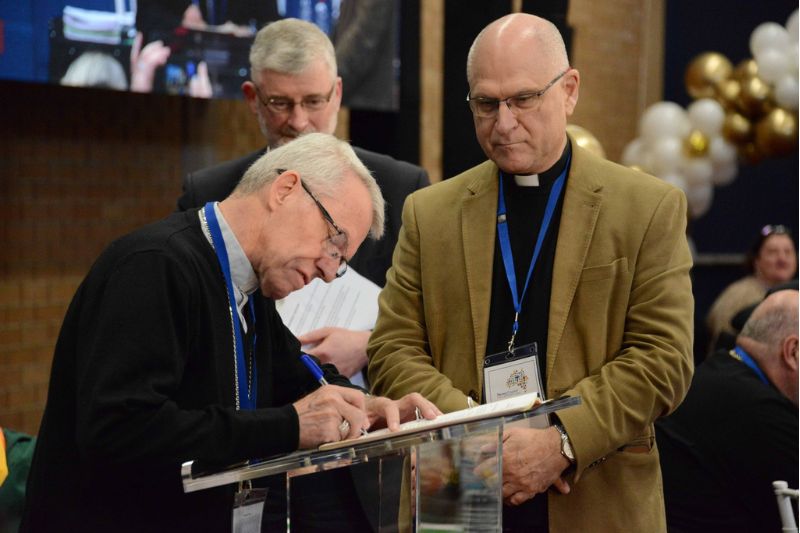
RELIGION
- Geraldine Doogue
- 27 July 2022
7 Comments
What did the Plenary mean exactly, and what is next for the church? Secretary to the Council, Fr David Ranson, offers a rich and bracingly realistic set of observations about the Plenary Council. As secretary, Fr David was deeply absorbed in the lead-up, in the events of the week itself and now in assessing what comes next. He might surprise you with his judgements. They're delivered by a man with an acute sense of Church procedures but also with an eye to possibilities.
READ MORE 
-
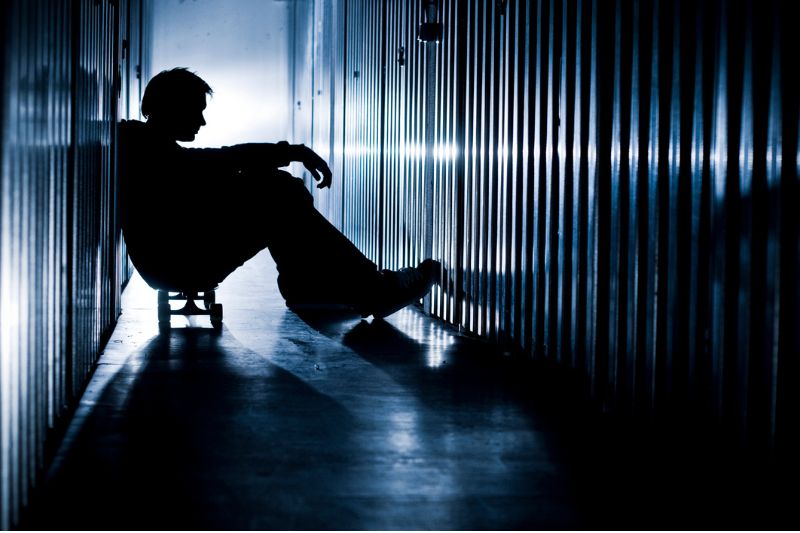
AUSTRALIA
Is there nothing Government can do to turn around the ever-increasing numbers of children requiring intervention by child protection, youth homelessness and justice systems? Government can start with policies that support families, in all their diversity, and begin to prioritize the needs of children above all else. And given all the evidence tells us that fathers matter to children, isn’t it essential to get fatherhood right?
READ MORE 
-
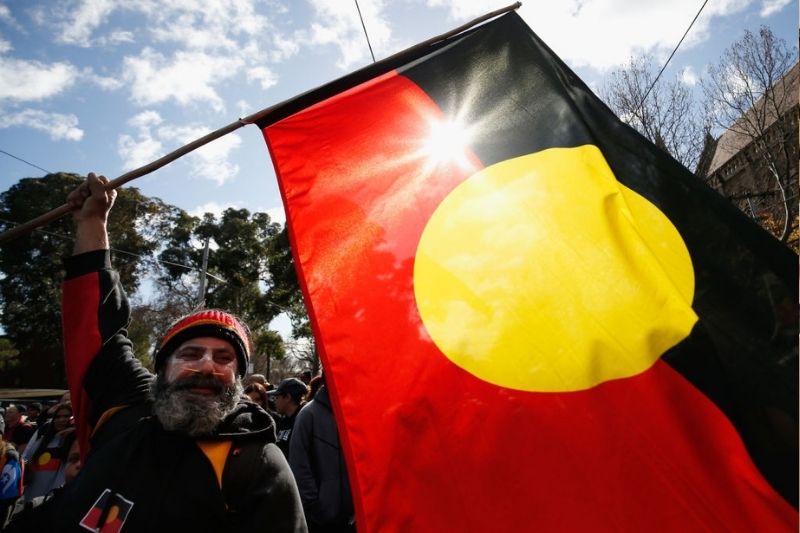
RELIGION
The subjugation of the world’s First Nations people was enshrined in the Doctrine of Discovery, a series of papal decrees made by Pope Alexander VI in 1493, where any land not inhabited by Christians was available to be ‘discovered,’ claimed, and exploited by Christian rulers. The Doctrine of Discovery legitimised Christian explorers’ claims to land uninhabited by Christians, promoting and fortifying Christian domination, and forcing original inhabitants into Christianity.
READ MORE 
-
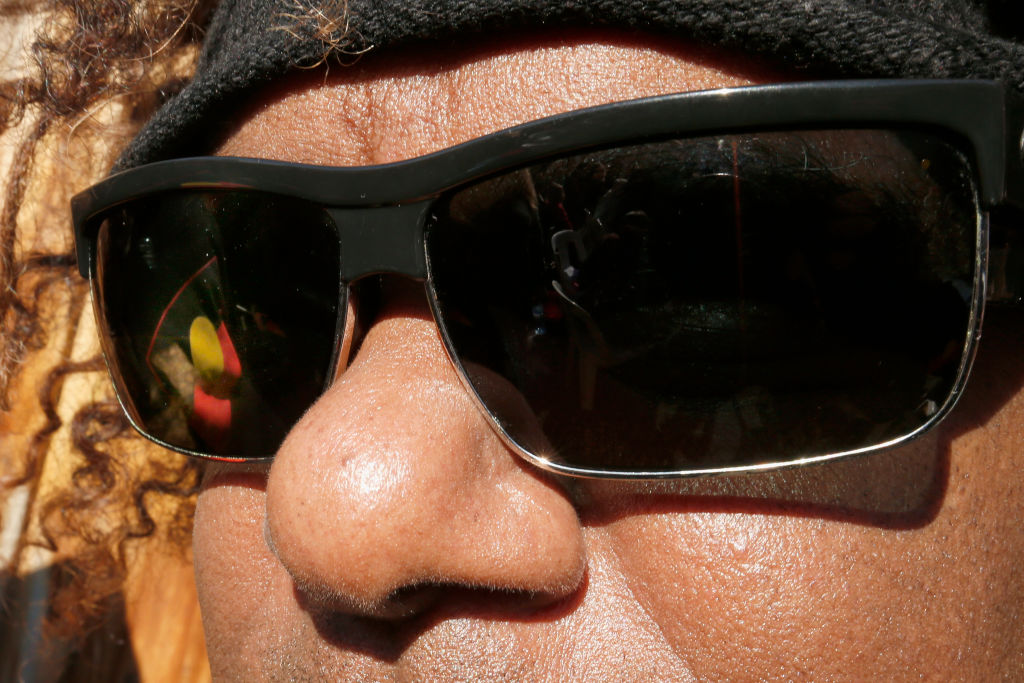
AUSTRALIA
- Andrew Hamilton
- 30 June 2022
11 Comments
If NAIDOC and of the Australian Catholic Church are to achieve their goals time and patience will be required. Yet both show signs of justifiable impatience. This year the theme of NAIDOC Week is Get Up! Stand Up! Show Up! Its tone is urgent, expressing frustration at the resistance to change but also the recognition that new possibilities have opened.
READ MORE 
-

ARTS AND CULTURE
- Gillian Bouras
- 29 June 2022
10 Comments
What causes racism? How does it start? Perhaps that’s at the heart of the matter: the difference, and the fear of it. Historically, we have tried to manage the fear via labels and categories: think of the ancient Greeks and their idea that anybody who did not speak Greek was a barbarian because of the bar-bar sounds that they made.
READ MORE 
-
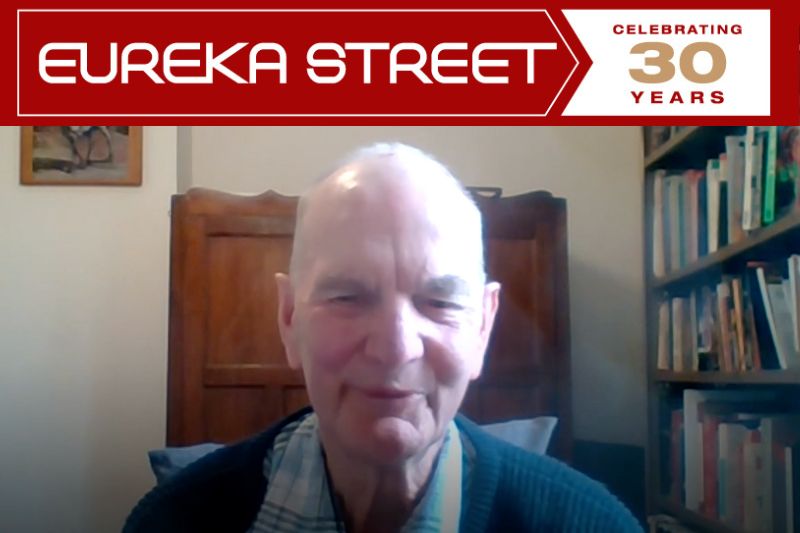
MEDIA
- David Halliday
- 29 June 2022
1 Comment
As part of the 30th anniversary of Eureka Street, we're running conversations with the team who first started the publication in 1991, alongside various people who have played a part in the Eureka Street story. In this video, Eureka Street editor David Halliday speaks with Eureka Street consulting editor Andrew Hamilton SJ.
READ MORE 
-
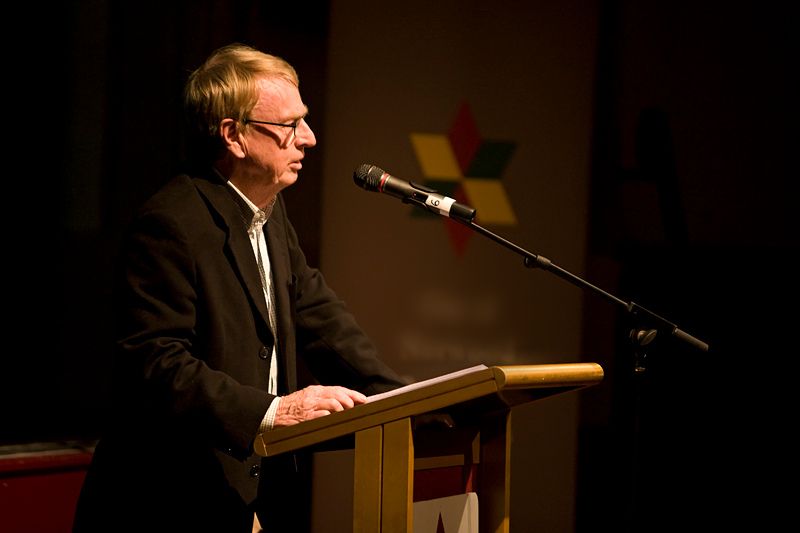
ARTS AND CULTURE
- John Schumann
- 15 June 2022
5 Comments
Most of us, when pushed, can name a couple of teachers who had a profound influence on our lives. For me, Brian Matthews was one such teacher. I enrolled in English at Flinders University in 1972. On asking the enrolling officer whether anybody was ‘doing anything about Lawson’, I was directed to the office of Brian Matthews, a recent appointment to the English Department. ‘I hear you know something about Lawson,’ I said, leaning in his doorway.
READ MORE 
-

AUSTRALIA
- Michael McVeigh
- 07 June 2022
Before the game, Richmond players of Aboriginal and Torres Strait Islander descent were encircled and then honoured by their teammates. The sight of non-indigenous Richmond players on their knees while their teammates stood proudly before them was powerful and moving. It felt like a significant moment in the club’s history. To get to that moment, authentically, was not easy.
READ MORE 
-

ECONOMICS
As commodity prices and inflation soar in the ‘real’ world we may be witnessing a prelude to another 2008-style crisis triggered by the foreign exchange markets. The risks certainly look similar and can be described with a simple question. Can the fictions produced by out-of-control financial actors survive reality?
READ MORE 
-
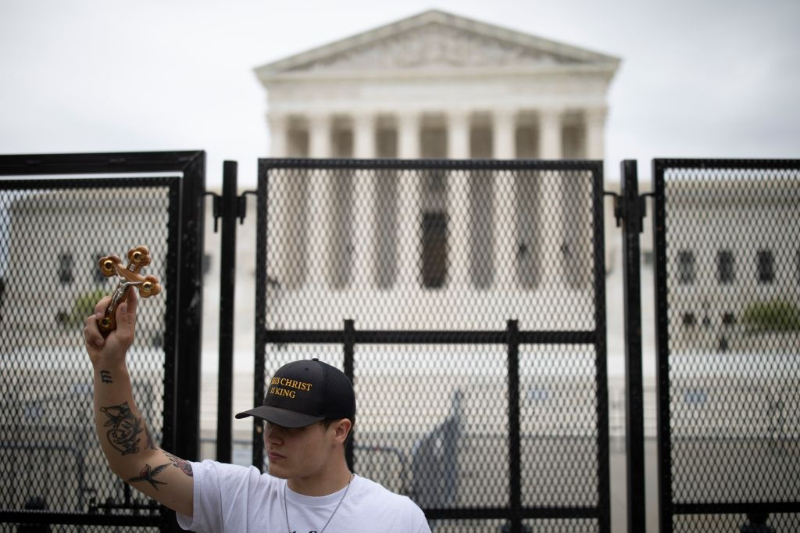
RELIGION
- Miles Pattenden
- 26 May 2022
19 Comments
News leaked earlier this month that the US Supreme Court plans to overturn its most famous decision, that in Roe vs Wade (1973) which protects a pregnant woman's freedom to choose to have an abortion without excessive government restriction. The decision has attracted much criticism both in the past and now on account of its dubious legal reasoning – in particular, its attempt to link the right to abort to a right to privacy which itself was notional and not specified in the US Constitution.
READ MORE 
-
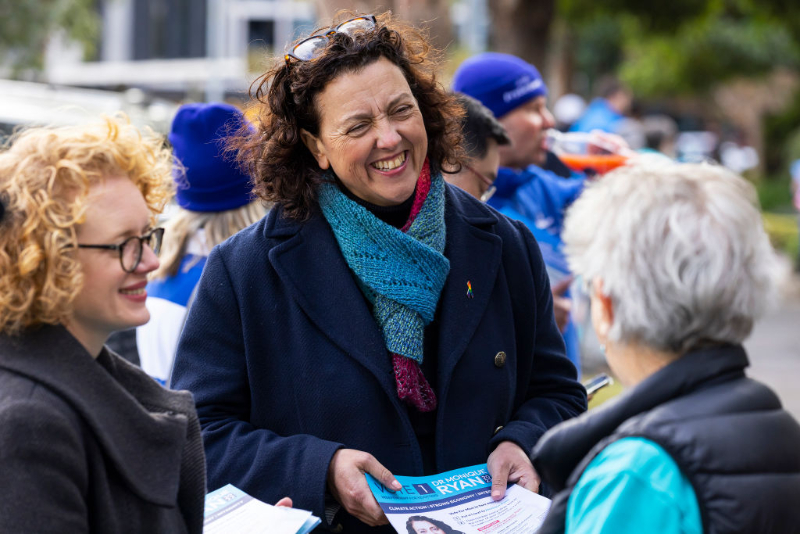
EDUCATION
- Chris Middleton
- 23 May 2022
7 Comments
Perhaps the most dramatic individual result of the Federal election was that Menzies’s seat, Kooyong, has fallen to a Teal independent, Dr Monique Ryan. Xavier College sits in the Kooyong electorate, and Dr Ryan is a parent at the College. Dr Ryan proved to be an impressive candidate who ran as a good a local campaign as I have ever seen. It was marked by a strong engagement by many locals, and especially among professional women, and older residents.
READ MORE 